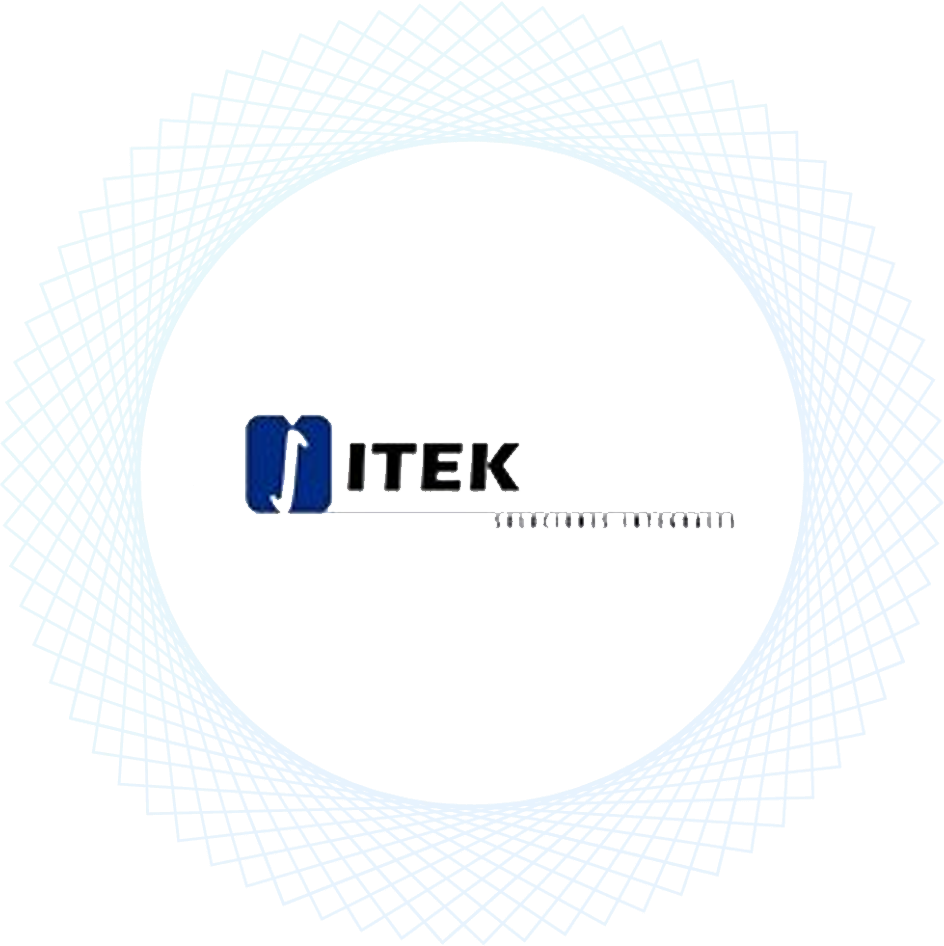What is Quality Control Training?
Businesses build their brand reputation, competitive advantage, and customer loyalty by providing high-quality products and services. They need a well-trained quality control team that knows its responsibilities and the quality goal of the company to ensure that the objectives are met. They achieve this through a variety of quality control activities, including:
- Audits
- Inspections
- Testing
- Performance evaluations
This enables the QC team to ensure that the product or service is compliant with the company’s quality policy and the regulations and standards relevant to their industry and business. The quality control team can discharge its responsibilities effectively when they know the procedures and processes associated with the role. For this, some of the important factors include:
- The specific standards the business must align itself with
- The quality vision of the company
- The standard operating procedures and criteria for quality
- The documentation processes and the follow-up action needed
- Identifying recurring issues and flagging them for further action
This is where quality control training comes into play.
Quality control requires several different kinds of skills. As quality is an enterprise-wide requirement covering a variety of functions, the QC team should have a combination of these skills. Also, the quality and function-specific requirements keep changing, and therefore, these skills also need to be upgraded periodically to meet the ever-evolving needs.
The range of functions quality covers includes:
- Design
- Manufacturing
- Supplier
- Testing
- Inspections
The team must also be trained in the eight dimensions of quality, which include:
- Performance
- Features
- Reliability
- Conformance
- Durability
- Serviceability
- Aesthetics
- Perceived quality
A good quality control personnel must have analytical skills, be able to use statistical techniques for monitoring, inspecting, and testing products and processes. They must be trained in industrial math, operation analysis, measuring, precision measurement instruments, and quality control tools.
Request an Online Demo
































